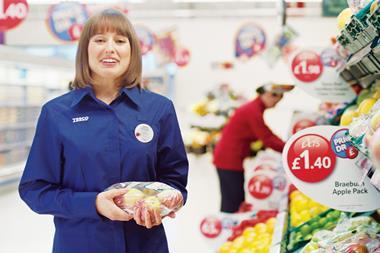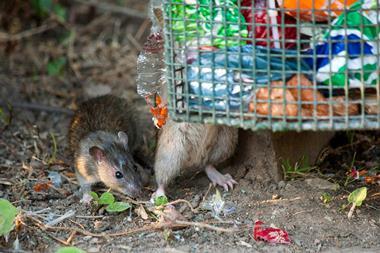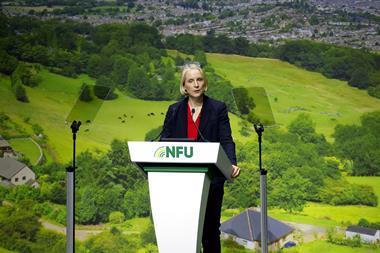One of the many absurd features of the Rip-off Britain debate is that there are misguided academics and self appointed consumer champions who harbour the notion that the multiples are secretly colluding to dupe grocery shoppers with excessively high prices.
If certain radio programmes and consumer magazine articles are anything to go by, major high street players are regularly "getting together" to pull a massive con trick on British consumers.
But while this idea may have been planted in the brains of level headed folk by recently discredited Whitehall spin doctors, it remains a serious issue with the headline-seeking hacks. Yet, ironically, the reality is so very different.
Despite the warm smiles and cordial handshakes between competitors on the industry's social circuit, there has never been a period in post war grocery history when the multiples and more especially those whose job it is to implement their trading policies have been expressing so much hostility. In truth, they hate each other. And that's a consequence of the fiercest competition grocery retailing has ever seen.
It's not only the anger that several multiples have shown when charging Sainsbury with "jumping the gun" on the trading code issue. And the vicious sniping and internecine warfare which has manifested itself in headline grabbing publicity stunts during recent weeks is also at the tip of the iceberg. Competitor relationships have sunk to an all-time low. And at the risk of sounding like a blinkered hack, battle scarred from reporting the ups and downs of food retailing for 36 years, that's a pity.
I'm not advocating collusion. Fiercely fair competition, as the old saying goes, is healthy, and should never be allowed to disappear. But there are limits. Once upon a time, the Alistair Grants and Ian MacLaurins of this world were able to resolve non competitive industry issues with an amicable telephone call. Suddenly, that seems a very long time ago.
Clive Beddall, Editor
{{OPINION }}
Close menu
- Home
- Retail & Wholesale
-
Products & Suppliers
- Back to parent navigation item
- Products & Suppliers
-
Product Categories:
- Back to parent navigation item
- Product Categories:
- Alcoholic drinks
- Bakery
- Cereals & breakfast
- Cheese
- Chicken & poultry
- Chocolate
- Confectionery
- Crisps, nuts & snacks
- Dairy
- Fish
- Fresh produce
- Frozen
- Household
- Meat
- Own Label
- Sauces & condiments
- Seasonal
- Soft drinks
- Vaping
- Vegan & plant-based
- World foods
- Suppliers
- People
- Reports & Data
-
Topics A-Z
- Back to parent navigation item
- Topics A-Z
-
Popular topics:
- Back to parent navigation item
- Popular topics:
- Cost of living crisis
- Crime
- Deposit Return Schemes
- Finance
- Government & Regulation
- Health
- Inflation
- Loyalty
- Marketing
- Mergers & Acquisitions
- New Product Development
- Sourcing
- Supply chain
- Sustainability & environment
- Technology
- Ultra Processed Foods
- Vaping
- A-Z all topics
- Content by type:
- Events
- Ask iA (beta)
- Subscribe now
Sign in to comment on this article
Not logged in before? Register for FREE guest access today.
You will be able to:
- Read more stories
- Receive daily newsletters
- Comment on stories
Advert


















No comments yet